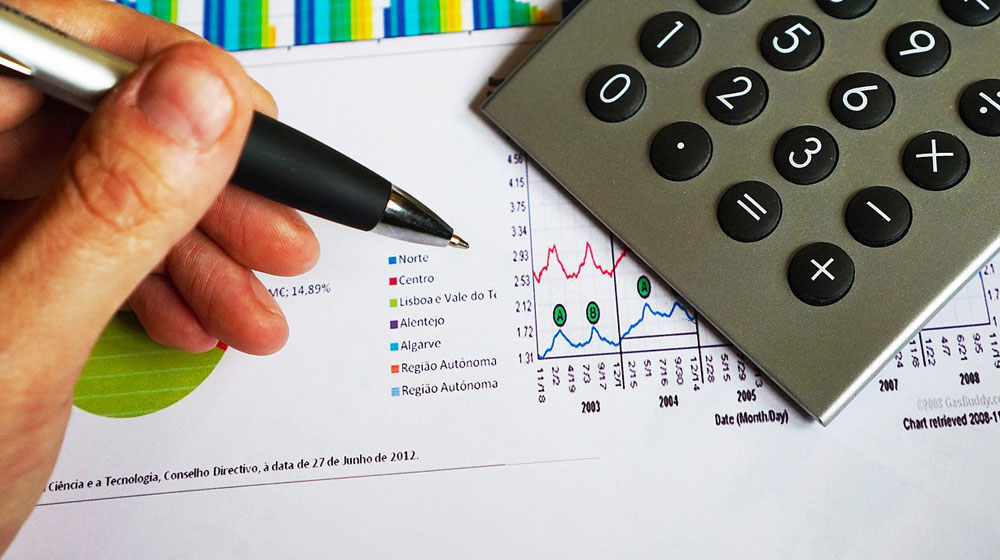Healthy Habits, Healthy Credit: Impact Your Financial Health

How Your Daily Routine Impacts Your Financial Health
In today’s fast-paced world, maintaining good financial health can often feel like a daunting task. However, much like physical well-being, your financial health is deeply influenced by the daily habits and routines you cultivate. By aligning your everyday actions with long-term financial goals, you can build a solid credit foundation, reduce debt, and enjoy greater peace of mind. Here’s how your daily routine can make a significant impact on your financial health.
Start Your Day with a Financial Check-In
One of the best ways to take control of your finances is to make a habit of checking your accounts daily. This doesn’t mean you need to pore over every single transaction, but a quick glance at your balances can keep you informed and mindful of your spending. By staying aware of your account balances, you can avoid overdrafts, identify unauthorized charges early, and ensure you’re on track with your budget.
Automate Your Savings and Payments
Automation is a powerful tool in maintaining financial health. By setting up automatic transfers to a savings account, you can ensure that you’re consistently putting money aside for future needs or emergencies. Similarly, automating bill payments helps you avoid late fees, which can harm your credit score. These small, automatic actions can significantly improve your financial stability over time.
Practice Mindful Spending
In a world of online shopping and instant gratification, it’s easy to fall into the trap of impulse buying. Mindful spending is the practice of being deliberate and thoughtful about where your money goes. Before making a purchase, consider whether it aligns with your budget and financial goals. Over time, this habit can prevent unnecessary debt and help you save more.
Prioritize Debt Repayment
If you have outstanding debts, creating a routine around repayment is crucial. Start by listing your debts and organizing them by interest rate or balance size. Then, allocate a portion of your income each month to paying them off, starting with either the highest interest rate (avalanche method) or the smallest balance (snowball method). Consistent, focused effort on debt repayment can dramatically improve your credit score and free up more of your income for saving and investing.
Keep a Healthy Lifestyle
Physical health and financial health are more interconnected than you might think. A healthy lifestyle can reduce medical expenses, insurance costs, and even the need for expensive convenience foods or stress-related spending. Regular exercise, a balanced diet, and adequate sleep can lead to fewer sick days, lower healthcare costs, and more productivity, which can contribute to a healthier bank account.
Review Your Credit Report Regularly
Your credit report is a snapshot of your financial behavior, and it’s essential to check it regularly. Reviewing your credit report can help you catch errors or fraudulent activity that could damage your credit score. By making this a part of your routine, you stay informed about your financial standing and can take corrective actions if needed.
Educate Yourself Continuously
Financial literacy is the foundation of financial health. Make it a habit to read articles, listen to podcasts, or watch videos on personal finance regularly. The more you learn about managing money, the better equipped you’ll be to make smart financial decisions. Over time, this habit will not only improve your financial knowledge but also your credit score and overall financial health.
Your daily habits have a profound impact on your financial health. By integrating these simple routines into your life, you can build a strong financial foundation, improve your credit score, and achieve greater financial security. Remember, just like physical health, maintaining good financial health requires consistency, mindfulness, and a proactive approach. Start small, stay committed, and watch as your financial wellness flourishes.






